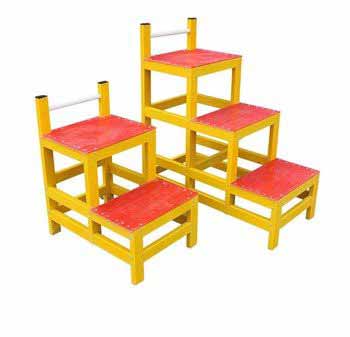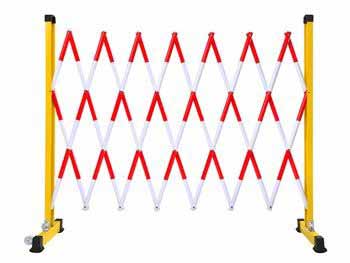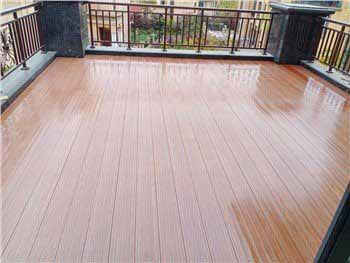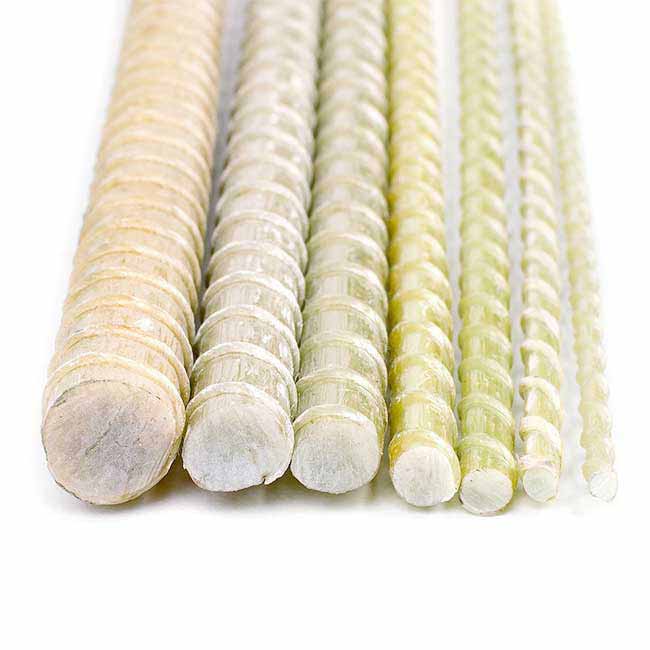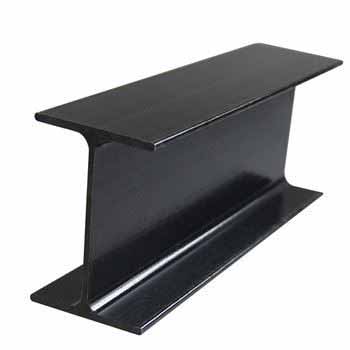Fiberglass rebar is a composite material that is made from fiberglass and resin. It is used as a reinforcing material in concrete, and it offers a number of advantages over traditional steel rebar.
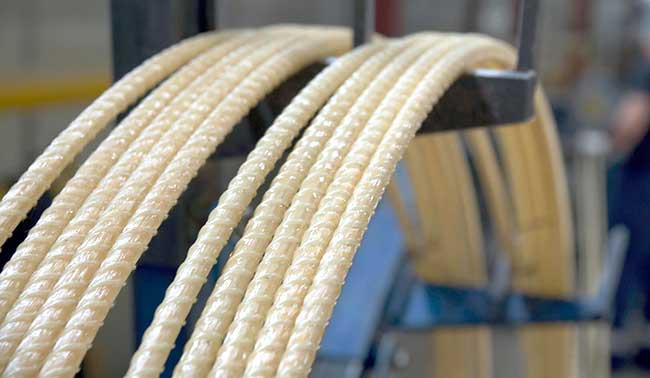
Corrosion resistance: Fiberglass rebar is not susceptible to corrosion, which means it will not rust or degrade over time. This makes it ideal for use in corrosive environments, such as marine applications or near salt water.
Lightweight: Fiberglass rebar is much lighter than steel rebar, which makes it easier to transport and handle. This can save time and money on construction projects.
Durability: Fiberglass rebar is very durable and can withstand high loads and stresses. This makes it a good choice for use in high-traffic areas or in structures that are subject to vibration.
Non-conductive: Fiberglass rebar is non-conductive, which makes it ideal for use in electrical applications.
Cost-effective: Fiberglass rebar is often more cost-effective than steel rebar, especially when considering the long-term costs of corrosion and maintenance.
Industry trends: The fiberglass rebar industry is growing rapidly, as more and more builders and contractors are realizing the benefits of using this material. The global market for fiberglass rebar is expected to reach $1.1 billion by 2025.
Drivers of growth: The growth of the fiberglass rebar industry is being driven by a number of factors, including:
Increased demand for corrosion-resistant materials: The use of fiberglass rebar is growing in areas where there is a high risk of corrosion, such as near salt water or in marine environments.
Lightweight and durable material: Fiberglass rebar is much lighter than steel rebar, which makes it easier to transport and handle. It is also more durable than steel rebar and can withstand high loads and stresses.
Cost-effective alternative to steel rebar: Fiberglass rebar is often more cost-effective than steel rebar, especially when considering the long-term costs of corrosion and maintenance.
Challenges: The fiberglass rebar industry is facing a number of challenges, including:
Competition from steel rebar: The steel rebar industry is well-established and has a large market share. Fiberglass rebar is still a relatively new material and is not as widely used as steel rebar.
High upfront costs: The upfront costs of manufacturing fiberglass rebar are high. This can make it difficult for small businesses to enter the industry.
Lack of awareness: Many builders and contractors are not aware of the benefits of using fiberglass rebar. This can limit the growth of the industry.
Outlook: The fiberglass rebar industry is expected to continue to grow in the coming years. The increasing demand for corrosion-resistant materials, lightweight and durable materials, and cost-effective alternatives to steel rebar will drive the growth of the industry.
Conclusion: The fiberglass rebar industry is a growing industry that offers a number of advantages over traditional steel rebar. The industry is facing some challenges, but the outlook for the industry is positive.


